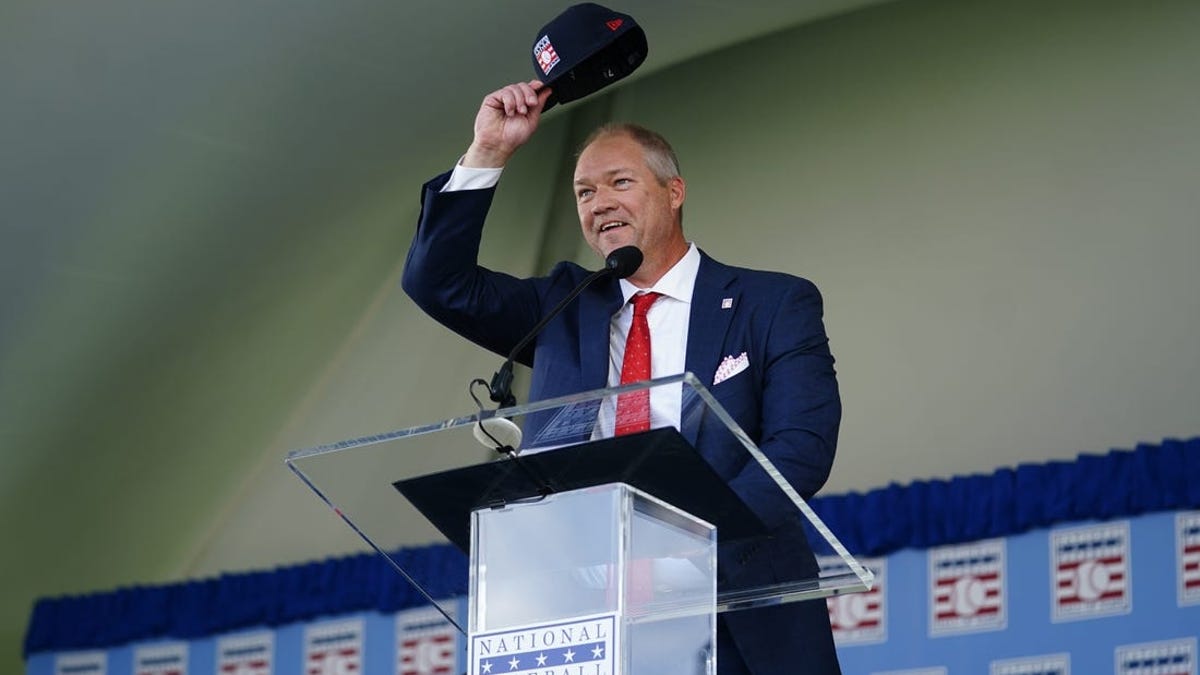Justice Ranjana Desai will soon deliver to the Uttarakhand government a report on the implementation of the Uniform Civil Code (UCC) and the draft code itself. “We have talked to all the parties,” says justice Desai. “This report will help to build the social fabric while furthering gender equality.”

If the Bharatiya Janata Party (BJP) government in Uttarakhand receives a favourable report from this commission, which was appointed a year ago, chief minister (CM) Pushkar Singh Dhami will make every effort to enact the code expeditiously. If this happens, Uttarakhand will join Goa as the second state in India to enact UCC. In Goa, the code was first implemented in 1867 by its then Portuguese rulers. Post- Independence, in 1961, Goa re-adopted the code with some modifications.
Prime Minister (PM) Narendra Modi himself has set this agenda while addressing BJP workers in Bhopal on June 27. The party seems focused on this strategy for the 2024 elections. Following the PM’s statement, the parliamentary committee called representatives from the Central Law Commission and the law ministry to discuss the matter.
The Opposition is questioning why the PM chose this time for such an issue. The answer is simple. Five states will hold assembly elections in the coming months. This will be a “litmus test” on the proposal.
The Opposition is also asking why the BJP, despite being in power in Gujarat for a quarter century, has taken no similar initiative in that state. Is the BJP not serious about this? It is far too early to assume so. Keep the 2019 election in mind. Triple talaq and Article 370 were referenced in bold letters in the party’s election campaign advertisements. The Modi government put these into action immediately after regaining power. Was the PM actually giving a message in Bhopal that if the BJP won the upcoming elections, it would get UCC implemented?
The Muslim Personal Law Board’s point of view should also be discussed here. The board resolved to give its opinion only to the law commission, at its meeting the day after Modi’s statement. The meaning is clear: The board wishes to proceed cautiously as they understand that public outrage will benefit the BJP. Will they be able to silence the maulanas who began yelling on TV on this issue? Will the Opposition’s leaders show some restraint?
According to media reports, the Shiv Sena (Uddhav), a prominent alliance partner of the anti-BJP front, agrees with the BJP on the matter. Is this why Sharad Pawar speaks with caution? Pay close attention to the Aam Aadmi Party’s position here: It will support the law if the government enacts it with the support of all parties. Parties such as the Congress and the National Conference, though, are openly opposed to UCC. Will this have an impact on Opposition unity?
Two significant events in the next six months should also be mentioned here. In September, India will lead the G-20 heads of State meeting. Since Narendra Modi is the event’s chairperson, he will be at the centre of all activities. Similarly, the Ramlala Temple in Ayodhya will be dedicated early next year. The BJP will undoubtedly try to capitalise on this.
From the Congress’ perspective, there has undoubtedly been a good shift since the last election. Rahul Gandhi has overcome the taint on his image through the “Bharat Jodo Yatra”. Nobody calls him “Pappu” anymore. He is continuously trying to improve his image. Rahul was interacting with the victims of violence in Manipur when justice Ranjana Desai was speaking to reporters. Previously, he had been successful in grabbing headlines by travelling in trucks at times and reaching out to students or working women at other times. The victories in Himachal and Karnataka have improved the Congress’s morale. Meanwhile, Priyanka Gandhi has increasingly made her presence felt, and the party has attempted to send a message to the marginalised Dalit voters by appointing Mallikarjun Kharge to the office of party president. With Kharge taking centre-stage, allegations of nepotism have receded.
Is this sufficient for 2024?
There is no harm in discussing Opposition unity here. On June 23 in Patna, 15 parties pledged to contest the elections together. The same leaders will now meet again in Bengaluru. Will they be able to strike an agreement this time? They should keep in mind that the BJP will use religion, nationalism, public welfare, and the PM’s strong personality to win the election for the third time in a row.
Because the BJP has already begun to set up the chess board, the Opposition will have to make a firm decision soon.
Shashi Shekhar is editor-in-chief, Hindustan. The views expressed are personal.















